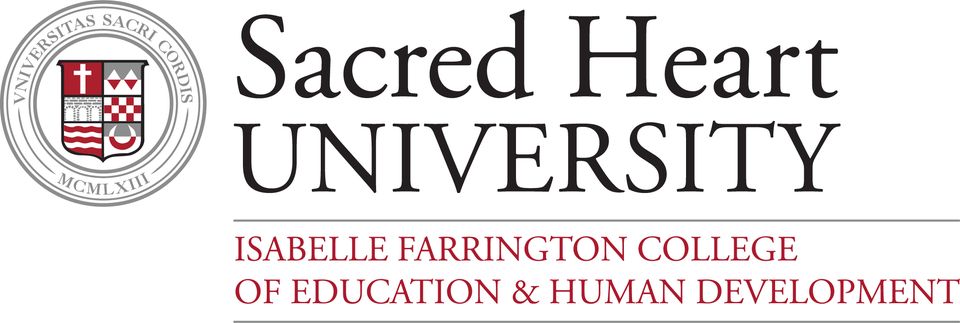Cases of Quality: Case Studies of the Approval and Evaluation of K-12 Online and Blended Providers
Document Type
Conference Proceeding
Publication Date
3-2016
Abstract
Michigan Public Act 60 (2013) tasked Michigan Virtual University, through its Michigan Virtual Learning Research Institute, to “research, develop, and recommend annually to the department criteria by which cyber schools and online course providers should be monitored and evaluated to ensure a quality education for their pupils.” This study provides an overview of existing models of cyber and online evaluation, which serve to inform the forthcoming recommendations. In this study, the authors identify ?ve constructs for course and provider evaluation and approval using examples from Georgia, Maryland, California, Washington, Minnesota, and Colorado. The report concludes with potential models and key guidelines states might consider in order to ensure a quality online education is available for all of their pupils. The use of online learning in K-12 education has expanded significantly throughout the United States and internationally (Barbour, 2012; Barbour, Brown, Hasler Waters, Hoey, Hunt, Kennedy, Ounsworth, Powell, & Trimm, 2011; Watson, Murin, Vashaw, Gemin & Rapp, 2012). Recent estimates indicate that anywhere from two to six million U.S. K-12 students are engaged in some form of online or blended learning (Ambient Insights, 2012; Watson et al., 2012; Wicks, 2010). The purpose of this study was to examine existing policies and practices related to the evaluation and approval of K-12 online learning in select US states and to use those examples to inform cyber and online provider evaluations.
Recommended Citation
Barbour, M., & Clark, T. (2016). Cases of quality: Case studies of the approval and evaluation of K-12 online and blended providers. In G. Chamblee & L. Langub (Eds.), Proceedings of Society for Information Technology & Teacher Education International Conference 2016 (pp. 809-815). Association for the Advancement of Computing in Education (AACE).





